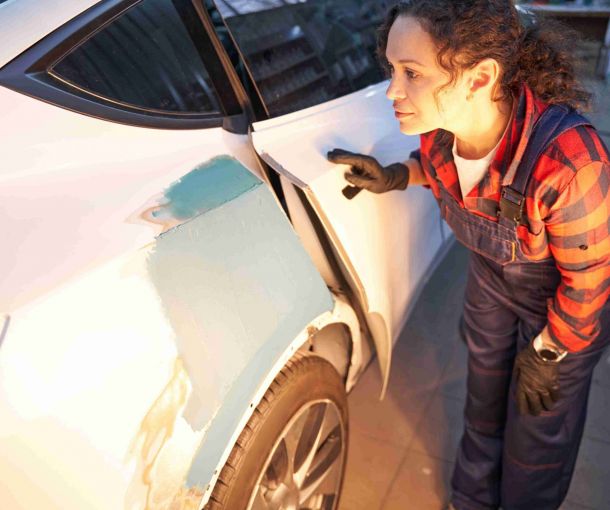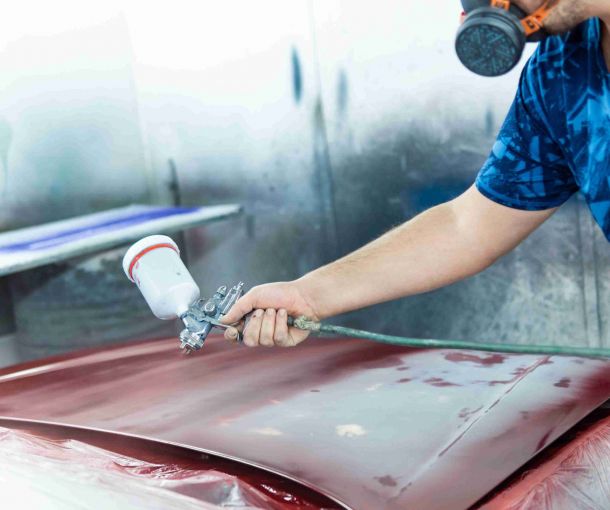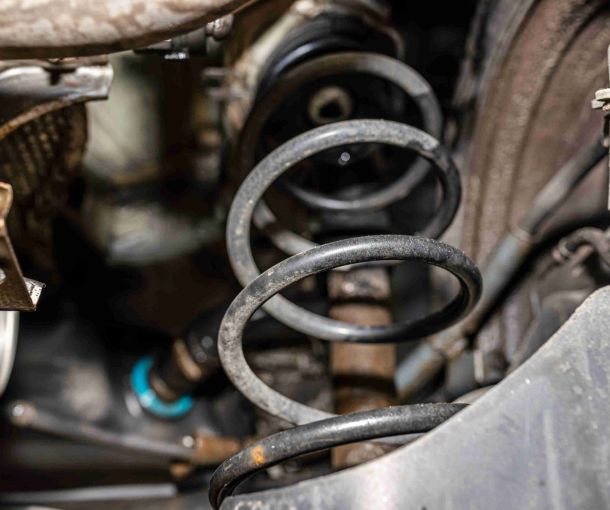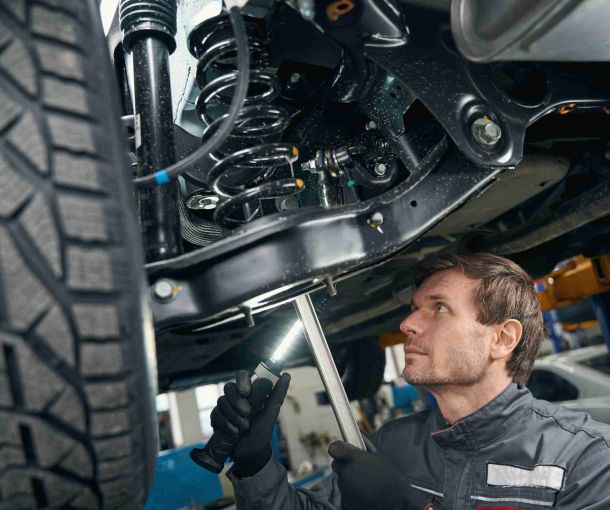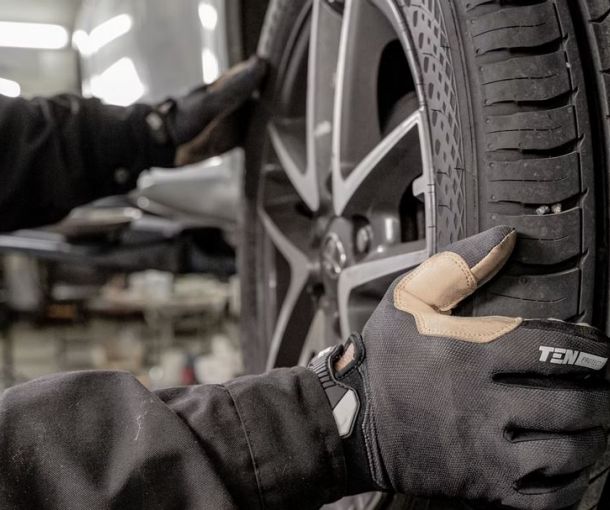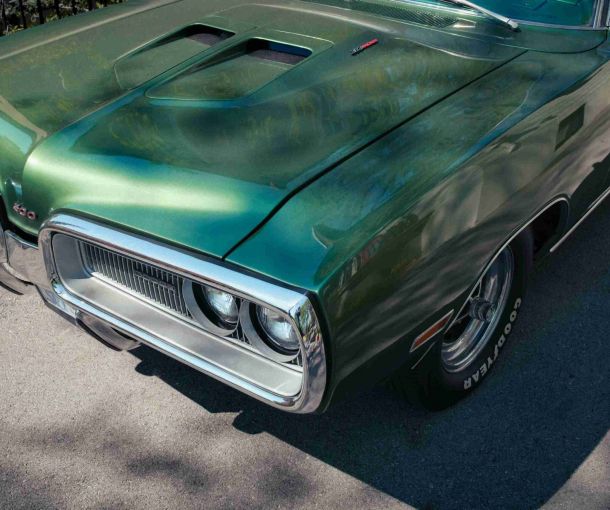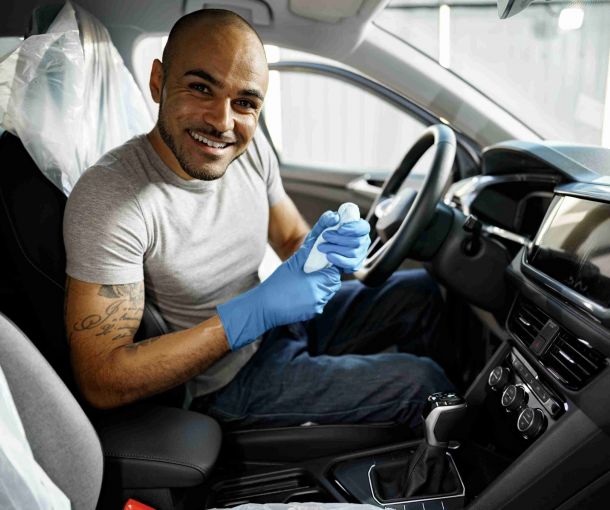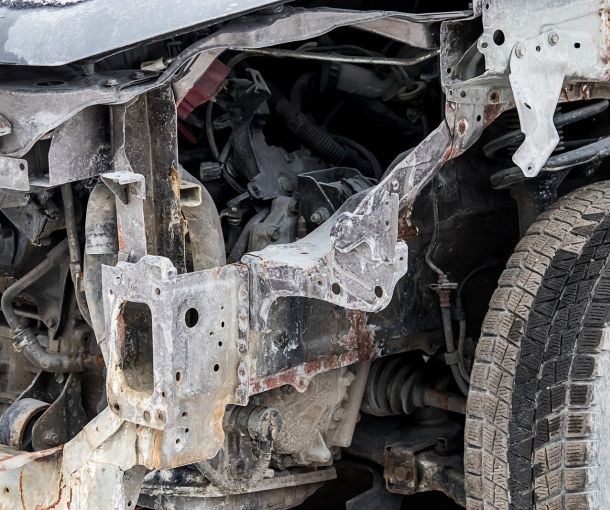How Much Does Wheel Repair Cost In Virginia?
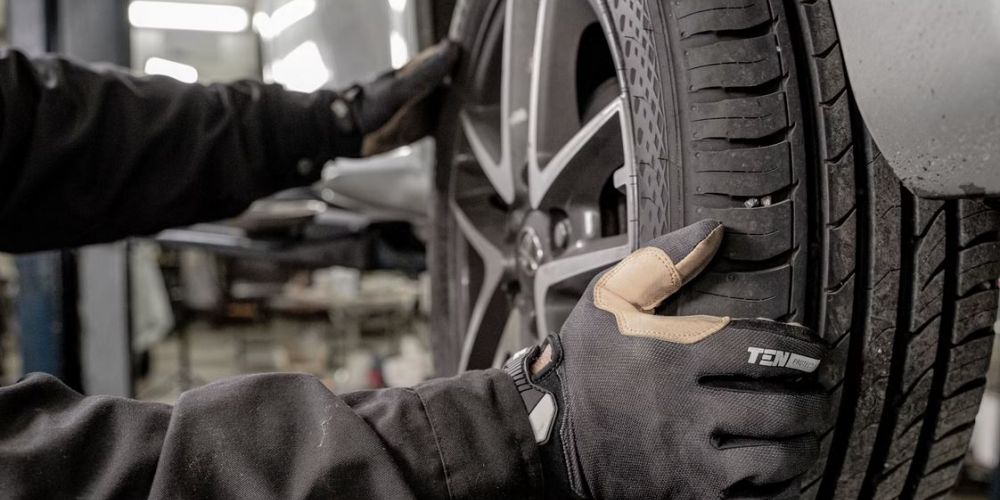
Got a bent rim or curb rash on your wheel? You’re definitely not alone.
Wheel damage is super common on Virginia roads – thanks to potholes, tight parking spots, and the occasional unexpected road debris.
In this post, we’ll shed some light on the average cost of wheel repair in Virginia and explain the factors that can affect your final bill. Plus, we’ll also break down our repair prices.
Table of Contents
ToggleOur Wheel Repair Prices
We charge $209.95 per wheel for repairs – if the wheel is repairable.
Most wheels can be fixed unless they’re machined finish, chrome plated, or carbon fiber. If the damage isn’t too severe, we can get it repaired and back on your vehicle without a problem.
Our wheel repair includes:
- Inspection to confirm it can be safely repaired
- Precision repair of bends, cracks, or curb rash
- Finishing to restore the look and balance of the wheel
If you’re not sure your wheel can be repaired, bring it in. We’ll take a look and let you know.
Also Check Out Our: Wheel Repair Service in Manassas
Average Wheel Repair Cost In Virginia
Wheel repairs cost anywhere between $75 to $250 per wheel in Virginia.
That’s a pretty wide range because the actual price depends on a bunch of things.
Some smaller, cosmetic fixes will obviously fall on the lower end, but if your wheel has a serious bend or crack, expect to pay more—sometimes a lot more.
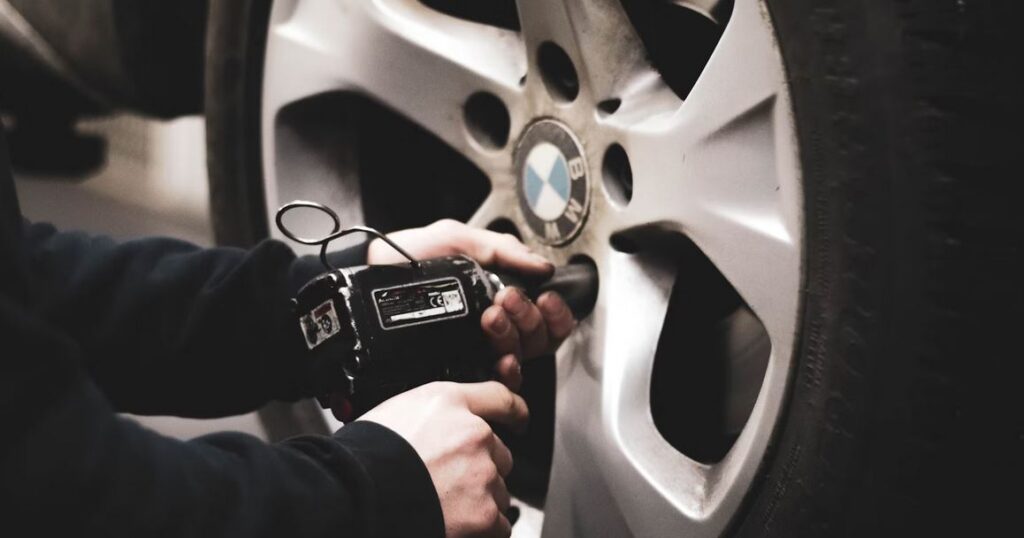
Here’s a rough breakdown of the average prices:
- Minor cosmetic damage (like small scuffs or scratches): around $75 to $100
- Bent rim or curb rash: usually $100 to $150
- Cracked wheels or more complex damage: $150 to $250 or more
Of course, these are just ballpark figures. If you’re dealing with a luxury car or specialty wheels, the price can creep up. Some places even charge extra if the finish needs to be matched exactly – like chrome or custom paint.
Factors That Affect The Cost Of Wheel Repair
Here are the some of the things that can affect the final cost of your wheel repair:
#1 Type Of Damage
This one’s pretty obvious: the worse the damage, the more it’s going to cost.
If you’ve got a tiny scratch or a small dent, you’re in luck. Those repairs are usually less expensive because they don’t require a ton of work.
But if your wheel is cracked, bent, or has a major structural issue, you’ll be paying a lot more.
Cracked wheels are particularly tricky. Not only do they need to be repaired correctly for safety reasons, but they may even need to be replaced in some cases, which can drive the cost up.
Also Read: How Much Does Car Frame Damage Repair Cost
#2 Wheel Material
The material your wheel is made from also affects wheel repair costs.
Aluminum alloy wheels are super common and usually pretty affordable to repair. Steel wheels are also budget-friendly and known for being tough, so fixes don’t get too pricey.
But once you get into chrome or custom finishes, things can get trickier. Shops often have to spend extra time and effort to match the exact look, and that extra work adds up fast.
And if you’re rocking something like carbon fiber wheels? Repairs get expensive, and not every shop can even handle them.
So, the fancier the material, the more it might cost to fix.
#3 Wheel Size
Bigger wheels = bigger costs. It’s just how it goes.
A larger wheel might take more work to fix or replace, and parts for oversized wheels tend to cost more. You’ll also need to keep in mind that if your car has specialized tires or rims, it could affect the repair process.
If you have a regular, smaller-sized wheel, you’ll probably be paying less.
But if you’re rocking some massive 22-inch rims, expect to pay more for the repairs.

#4 Repair Method
There are a few different ways to fix a wheel, and each one comes with its own price tag.
- Cosmetic refinishing (sanding, painting, polishing) is usually the cheapest route.
- Straightening a bent rim takes special equipment, which bumps up the cost.
- Welding cracks or breaks is the most involved (and expensive) method.
Sometimes it’s a combination of things. Maybe your wheel needs to be straightened and refinished. That’s where the cost starts creeping up.
#5 Location And Shop
Where you go and where you’re located in Virginia can impact the price, too.
Shops in big cities like Richmond or Northern Virginia might charge more for repairs than those in smaller towns or rural areas. High-end auto repair shops might also have higher labor rates, and they may use more expensive parts.
You also need to factor in whether the shop is an independent business or part of a larger chain.
Chain stores may offer discounted services, but sometimes smaller, independent shops can provide more personalized care, which could lead to a better repair job.
#6 Wheel Condition And Age
If your wheel has been through a lot or is showing signs of wear and tear, it could be harder (and more expensive) to repair.
Older wheels or those with a lot of previous damage may not respond as well to certain repair methods. If your wheel is warped or weakened from prior damage, it could require more intensive work to get it back into shape.
And if the wheel is too old or the damage too severe, the best option might be replacing it altogether.
Also Read: How Much Does Paintless Dent Removal Cost
#7 Replacement Vs Repair
Now, the decision of repair vs. replacement can really change the cost.
If your wheel is just a little scratched up, repairs are usually the way to go. They’re quicker, cheaper, and can restore your wheel to its original condition.
But if the wheel is bent, cracked, or has structural damage, replacing it might be the better option.
Wheel replacements can run anywhere from $150 to $1,000, depending on the make and model of your car. If you have a luxury car or one with custom rims, that’s going to be more expensive.
Bottom Line
In Virginia, wheel repairs cost around $75 – $250 per wheel depending on the issue.
Our recommendation is to shop around, get a couple of quotes, and choose a repair shop that feels right for you.
A lot of the time, you get what you pay for, so don’t always go for the cheapest option.
And always consider the long-term value of your wheel’s repair. After all, keeping your car in good condition is key to getting the most out of it!

